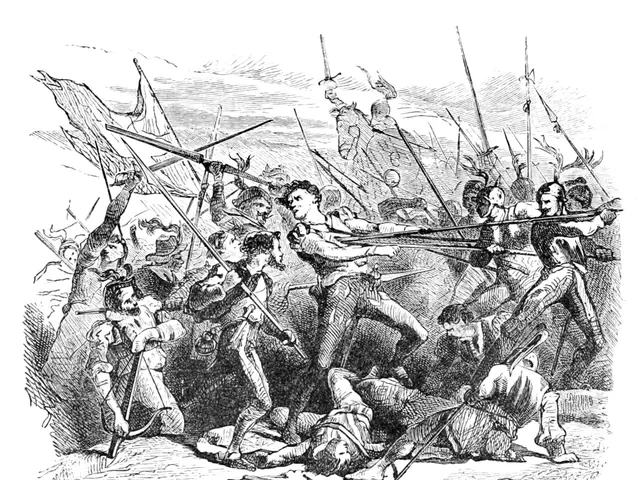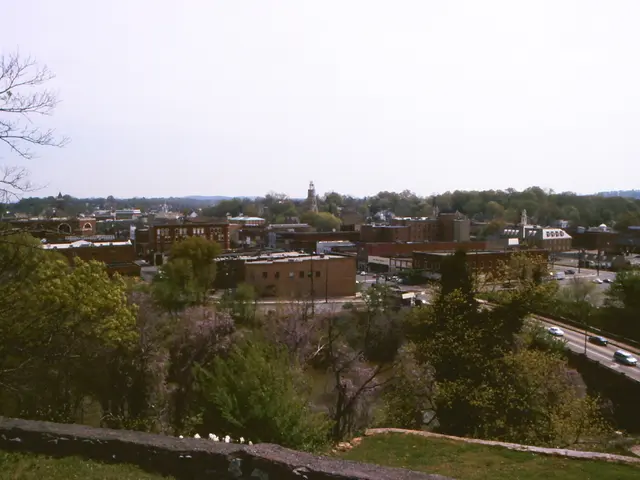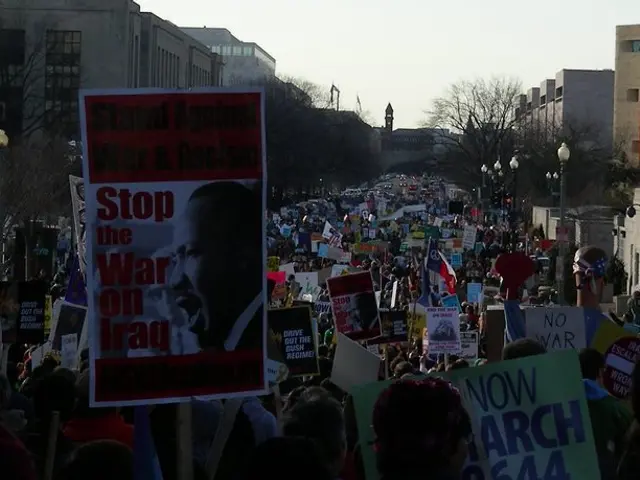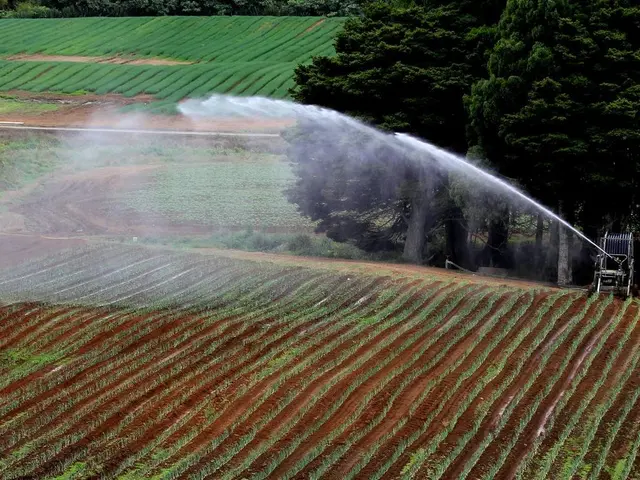Belarus' Lukashenko Questions Future of Master's Programs
Belarus' President Lukashenko has sparked debate over the future of masters programs in the country. The discussion, led by Lukashenko and Ivanets, the Minister of Education, centers around the relevance and value of these master's degrees in the Belarusian labor market.
Ivanets has initiated a review of master's programs, citing the need to uphold educational standards and ensure their quality. He acknowledged that these programs have not fully met expectations in the Belarusian job market. Lukashenko, meanwhile, expressed irritation with the two-tier higher education model introduced by the Bologna Process, which he believes has led to unnecessary hurdles for aspiring researchers.
Lukashenko suggested that master's programs should only be pursued by those intending to enter research or teaching roles. He also highlighted the advantage of the Bologna Process in terms of mutual recognition of diplomas, despite Belarus and Russia's expulsion from the process in 2022. Belarus was briefly part of the Bologna Process from 2010 to 2022. Notably, Lukashenko's son Nikolai is currently enrolled in a joint biotechnology program between Belarusian State University and Peking University.
The future of master's programs in Belarus remains uncertain following Lukashenko's questioning of their continuation. The review led by Ivanets aims to assess their relevance and value in the Belarusian labor market, with Lukashenko suggesting that these programs should be reserved for those pursuing research or teaching careers.
Read also:
- American teenagers taking up farming roles previously filled by immigrants, a concept revisited from 1965's labor market shift.
- Weekly affairs in the German Federal Parliament (Bundestag)
- Landslide claims seven lives, injures six individuals while they work to restore a water channel in the northern region of Pakistan
- Escalating conflict in Sudan has prompted the United Nations to announce a critical gender crisis, highlighting the disproportionate impact of the ongoing violence on women and girls.






